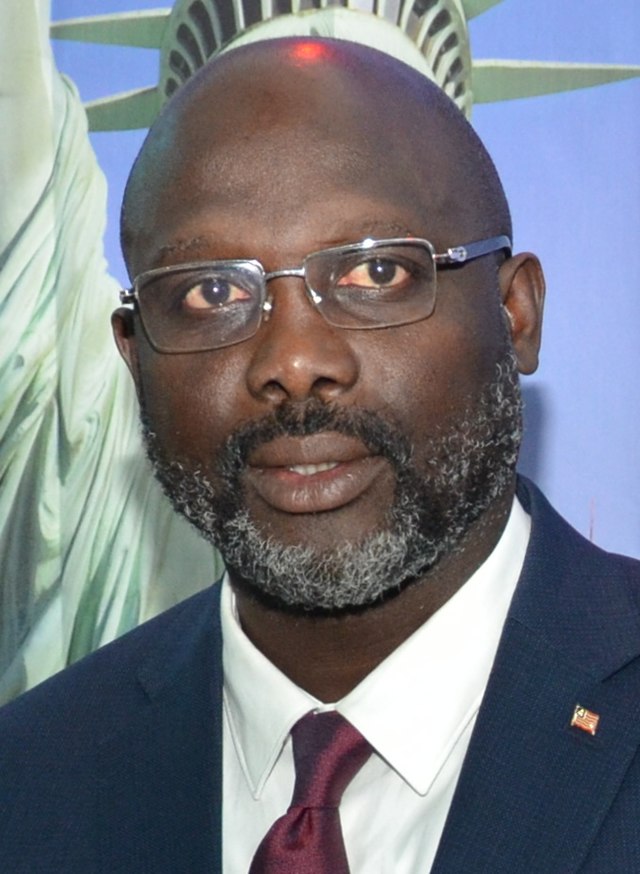After the closing of the polls in the Liberian general elections, polling staff count up the ballots cast, as representatives from different political parties observe and tally the votes.
Liberians voted Tuesday on whether to give football legend George Weah a second term as president, with peace among voters’ main concerns in a nation still scarred by back-to-back civil wars.
African News reports that even before polling stations opened at 8:00 am , hundreds of people had gathered in the early morning sunshine waiting to vote in the capital, Monrovia.
“I vote for the good of my country. I expect peace and development,” said Agostina Momo, 18, who was voting for the first time.
By mid-morning, as polling station queues remained long, President Weah cast his ballot in the Monrovia suburb of Paynesville.
“I am confident because I have worked a lot and people have confidence in me”, he told AFP. “I hope to win in the first round”.
The main political parties have pledged that the presidential and legislative elections in the West African country will pass off peacefully.
But the killing of three people last month in clashes between their supporters has fuelled fears of a return to violence.
Scuffles also broke out Sunday as Weah held his final campaign rally, leaving several injured.
The election is the first to be held since the United Nations ended its peacekeeping mission in Liberia in 2018.
The mission was created after more than 250,000 people died in two civil wars between 1989 and 2003.
Weah, 57, entered politics after a career as an international footballer which saw him become the first and only African to win football’s most prestigious individual award, the Ballon d’Or, in 1995.
On his election in 2017, he promised to create jobs and invest in education, but critics say he has failed to keep his pledges.
As president, Weah has not set up a war crimes tribunal despite international and domestic demand.
He is the favourite against 19 rivals for the presidency but could face a second-round runoff in early November unless a candidate secures an unlikely absolute majority in the first round.
The European Union, the African Union, the West African bloc ECOWAS and the United States have deployed observers, in a region hit by a string of recent coups.



